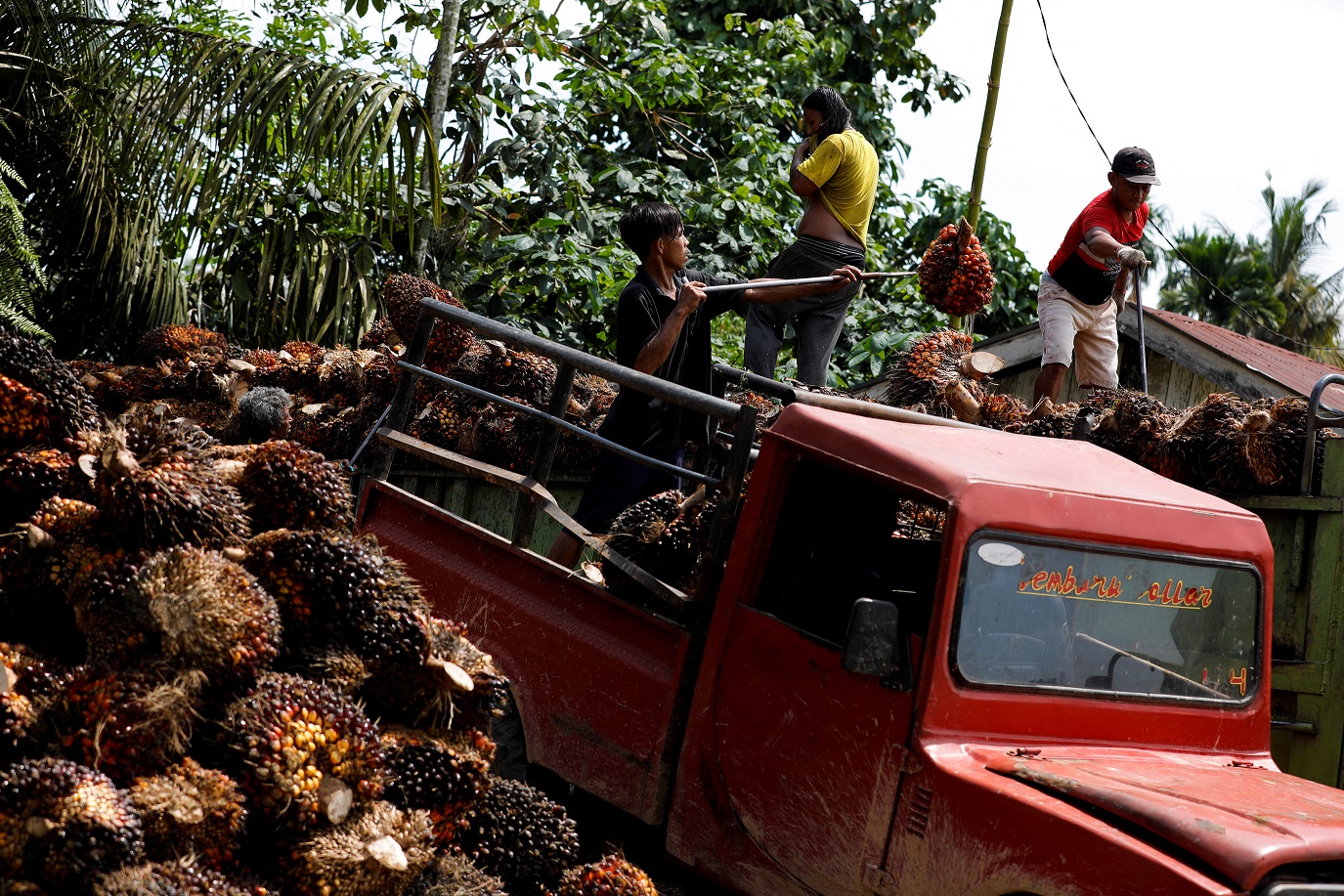AS palm oil and palm oil products continue to be in demand, India is looking forward to continue to importing additional quantities of the edible oil from Malaysia at an affordable price.
“While prices are determined by the market forces, we hope that export duties imposed would be set at a reasonable level,” the Indian High Commission to Malaysia told FocusM.
On May 19, Plantation Industries and Commodities Minister Datuk Zuraida Kamaruddin said that Malaysia’s palm oil exports would not be affected by Indonesia’s decision to lift its export ban.
She added that Indonesia’s earlier decision resulted in Malaysia, the second largest palm oil producer, to emerge as a dominant supplier to India, the world’s top buyer of the edible oil.
Zuraida also noted the combination of Malaysia’s lower export taxes and Indonesia’s earlier ban may mean the latter’s share of palm oil exports to India to fall by 35% in the current marketing year ending Oct 31, from more than 75% a decade ago.
Touching on India’s position on palm oil and palm oil produce, the high commission said that India has been working on diversifying its edible oil basket given that prices of palm oil have soared over the past year due to labour shortage in Malaysia, the conflict in Ukraine and Indonesia’s ban.
Among the options they are looking at are soy bean oil and sunflower oil.
“The price advantage palm oil had diminished significantly due to the continued price increase of palm oil over the past one year.
“In addition, there have been supply side limitations of palm oil due to the continued labour shortages in Malaysia. Hence, India has no choice but to look at other options of edible oil to meet India’s domestic demand,” it mentioned.
To ease the arrival of edible oil in their country, on May 25, India had announced duty-free imports of two million metric tonnes each of crude sunflower and soyabean oil for its financial year (2022-2023) and the next financial year (2023-2024).
The move is expected to ease the pressure on edible oil prices. However, the high commission stressed that palm oil will continue to occupy an important place in the edible oil basket for India.
“We see Malaysia as an important partner in the palm oil sector. India imported 3.9 million tonnes of palm oil from Malaysia last year alone.
“Both Governments have been engaged in discussions for the past several months to intensify bilateral engagement in this sector. India proposed to buy an additional two million tonnes of palm oil from Malaysia for counter-trade of Indian goods/services to be imported by Malaysia from Indian companies for the additional quantity of palm oil.”
Getting M’sian expertise
The high commission also explained that through the collaboration, India would learn from Malaysia about best practices in the oil-palm cultivation and palm oil production.
“The deal includes import of high-quality seedlings from Malaysia and technical support in the process of cultivation and production.
“No doubt, Malaysia has plenty of experience in this field and has one of the highest yields in the world. India looks to learn from Malaysia in this field.”
With that said, the high commission said the subcontinent is planning to increase oil palm cultivation and palm oil production domestically in the next five years.
The Indian government had also launched the National Mission on Edible Oil (Oil Palm), aimed at increasing oil palm hectarage to one million hectares by 2025-2026, with target production of crude palm oil of 1.1 million tonnes by 2025-2026 and 2.8 million tonnes by 2028-2029.
“While this is aimed at increasing the palm oil production domestically, it would be nowhere near India’s edible oil needs.
“Between 2021 and 2022, local consumption of edible oil was estimated to be about 23 million tonnes and local production of edible oil is estimated to be under 10 million tonnes,” it stated.
As of now, the high commission said that India imports about 60% of its edible oil requirements, with palm oil constituting 60% of it.
“But as mentioned earlier, India is looking at diversifying its edible oil basket. Among the measures taken include reducing basic import duties, cutting down import duties of refined oil, reducing other costs and charges, and allowing imports of additional quantities of oils at lower duty rates and others.
“Our priority is to provide affordable edible oil for our citizens and multipronged efforts have been taken to this end.
“Reduction of duties is just one aspect. Proposed agreement with Malaysia to import additional quantities of palm oil is also a step to improve reliable supplies of edible oil,” it remarked. – May 30, 2022









